Chet Baker - Record Repertoire
- Lilium

- Oct 5, 2022
- 6 min read

Chesney Henry "Chet" Baker Jr, born 23 December 1929, was an American jazz trumpeter and vocalist. He is known for major innovations in cool jazz leading him to be nicknamed the "prince of cool".
Baker was born and raised in a musical household in Yale, Oklahoma. His father, Chesney Baker Sr., was a professional guitarist, and his mother, Vera Moser, was a pianist who worked in a perfume factory. Baker said that owing to the Great Depression, his father, though talented, had to quit as a musician and take a regular job. In 1940, when Baker was 10, his family relocated to Glendale, California.

Baker began his musical career singing in a church choir. His father gave him a trombone, which was replaced with a trumpet when the trombone proved too large. His mother said that he had begun to memorize tunes on the radio before he was given an instrument. After "falling in love" with the trumpet, he improved noticeably in two weeks. Peers called Baker a natural musician to whom playing came effortlessly.
Baker received some musical education at Glendale High School, but he left school at the age of 16 in 1946 to join the United States Army. He was assigned to Berlin, Germany, where he joined the 298th Army Band. After leaving the Army in 1948, he studied music theory and harmony at El Camino College in Los Angeles. He dropped out during his second year to re-enlist. He became a member of the Sixth Army Band at the Presidio in San Francisco, spending time in clubs such as Bop City and the Black Hawk. He was discharged from the Army in 1951 and proceeded to pursue a career in music.
Baker performed with Vido Musso and Stan Getz before being chosen by Charlie Parker for a series of West Coast engagements. In 1952, Baker joined the Gerry Mulligan Quartet. Rather than playing identical melody lines in unison like Parker and Dizzy Gillespie, Baker and Mulligan complemented each other with counterpoint and anticipating what the other would play next. "My Funny Valentine", with a solo by Baker, became a hit and was associated with Baker for the rest of his career. With the quartet, Baker was a regular performer at Los Angeles jazz clubs such as The Haig and the Tiffany Club.

Within a year, Mulligan was arrested and imprisoned on drug charges. Baker formed a quartet with a rotation that included pianist Russ Freeman, bassists Bob Whitlock, Carson Smith, Joe Mondragon, and Jimmy Bond, and drummers Larry Bunker, Bob Neel, and Shelly Manne. Baker's quartet released popular albums between 1953 and 1956.
Baker won reader's polls at Metronome and DownBeat magazines, beating trumpeters Miles Davis and Clifford Brown. In 1954, readers named Baker the top jazz vocalist. In 1954, Pacific Jazz Records released Chet Baker Sings, an album that increased his visibility and drew criticism. Nevertheless, Baker sang throughout the rest of his career.
Hollywood studios saw an opportunity in Baker's chiseled features. He made his acting debut in the film Hell's Horizon, released in 1955. He declined a studio contract, preferring life on the road as a musician. Over the next few years, Baker led his own combos, including a 1955 quintet with Francy Boland, where Baker combined playing trumpet and singing. In 1956, he completed an eight-month tour of Europe, where he recorded Chet Baker in Europe. Below is Chet performing "You Don't Know What Love Is" in Rome, 1956, with Jean-Louis Chautemps, Francy Boland, Eddie de Haas and Charles Saudrais.
In late 1959, he returned to Europe, recording in Italy what became known as the Milano sessions, with arranger and conductor Ezio Leoni (Len Mercer) and his orchestra. Baker was fluent in Italian. Baker was arrested for drug possession and jailed in Lucca, forcing Leoni to communicate through the prison warden to coordinate arrangements with Baker as they prepared for recording. Below is Baker performing My Funny Valentine in Torino, Italy, 1959.
Baker said he began using heroin in 1957. Author Jeroen de Valk and pianist Russ Freeman say that Baker started heroin in the early 1950s. Freeman was Baker's musical director after Baker left the Mulligan quartet. Sometimes Baker pawned his instruments to buy drugs. During the 1960s, he was imprisoned in Italy on drug charges and was expelled from Germany and the UK on drug-related offences. He was deported to the U.S. from Germany for getting into trouble with the law a second time. He settled in Milpitas, California, performing in San Francisco and San Jose between jail terms for prescription fraud.
During most of the 1960s, Baker played flugelhorn, and recorded music that could be classified as West Coast jazz. He appeared in 1960 in the Italian film Howlers in the Dock (Urlatori alla sbarra) and in 1963 as himself, in the British film Stolen Hours. His performance of Arrivederci in Howlers in the Dock is below.
Baker began another tour in Europe the following year, below is Chet Baker performing Time After Time live in Belgium, 1964.
After developing a new embouchure resulting from dentures, Baker returned to the straight-ahead jazz that began his career. He moved to New York City and began performing and recording again, including with guitarist Jim Hall. Later in the 1970s, Baker returned to Europe, where he was assisted by his friend Diane Vavra, who took care of his personal needs and helped him during his recording and performance dates.
From 1978 until his death in 1988, Baker lived and played almost exclusively in Europe, returning to the U.S. once a year for a few performances. This was Baker's most prolific era as a recording artist.

In 1983, British singer Elvis Costello, a longtime fan of Baker, hired the trumpeter to play a solo on his song "Shipbuilding" for the album Punch the Clock. The song exposed Baker's music to a new audience. Later, Baker often featured Costello's song "Almost Blue" (inspired by Baker's version of Ray Henderson's “The Thrill Is Gone", not to be confused with the Roy Hawkins song of the same name, made famous by B.B. King) in his concert sets, and recorded the song for the film Let's Get Lost.
In 1986, Chet Baker: Live at Ronnie Scott's London presented Baker in an intimate stage performance filmed with Elvis Costello and Van Morrison as he performed a set of standards and classics, including "Just Friends", "My Ideal", and "Shifting Down". Augmenting the music, Baker spoke one-on-one with friend and colleague Costello about his childhood, career, and struggle with drugs.
Baker recorded the live album Chet Baker in Tokyo with his quartet featuring pianist Harold Danko, bassist Hein Van de Geyn, and drummer John Engels less than a year before his death, and it was released posthumously. Silent Nights, a recording of Christmas music, was recorded in New Orleans, Louisiana with saxophonist Christopher Mason, pianist Michael Pellera, bass player James Singleton, and drummer Johnny Vidacovich in 1986 and released in 1987.
Early on 13 May 1988, Baker was found dead on the street below his room in Hotel Prins Hendrik, Amsterdam, with serious wounds to his head, apparently having fallen from the second-story window. Heroin and cocaine were found and the death was ruled an accident. A plaque was placed outside the hotel in his memory. Baker is buried at the Inglewood Park Cemetery in Inglewood, California, next to his father.
Baker was married three times, to Charlaine Souder, Halema Alli, and Carol Jackson.He had four children: Chesney III with Halema; and Dean, Paul, and Melissa with Carol. Ruth Young was Baker's common-law wife from 1973 to the time of his death in 1988.

In 2006, Jazz Icons: Chet Baker: Live in '64 & '79 was released, featuring two European concerts filmed 15 years apart. The 1964 performance took place in a Belgian TV studio, and the 1979 set was recorded in Norway. Other musicians featured are saxophonist Jacques Pelzer, French pianist René Urtreger, and vibraphonist Wolfgang Lackerschmid. Songs include the Miles Davis classic "So What", the jazz standard "Time After Time", "Blue Train", and many others.
An Academy Award-nominated 1988 documentary about Baker, Let's Get Lost, portrays him as a cultural icon of the 1950s but juxtaposes this with his later image. The film was shot in black-and-white, and includes a series of interviews with friends, family (including his three children by third wife Carol Baker), musical associates and friends, interspersed with footage from Baker's earlier life, and interviews with Baker in his last years. In Chet Baker, His Life and Music, author Jeroen de Valk and others criticize the film for presenting Baker as a "washed-up" musician in his later years. The film was shot during the first half of 1987, prior to career highlights such as the Japanese concert, released on Chet Baker in Tokyo. It premiered four months after Baker's death.

In 1999 Baker William Claxton published his photography book Young Chet: The Young Chet Baker.
Chet Baker is portrayed by Ethan Hawke in the 2015 film Born to Be Blue. It is a reimagining of Baker's career in the late 1960s, when he is famous for both his music and his addiction, and he takes part in a movie about his life to boost his career. Steve Wall plays Baker in the 2018 film My Foolish Heart.
American singer/songwriter David Wilcox included the tender biographical portrait Chet Baker's Unsung Swan Song on his 1991 album Home Again. Vocalist Luciana Souza recorded The Book of Chet in 2012 as a tribute. Brazilian jazz pianist Eliane Elias dedicated her 2013 album I Thought About You to Chet Baker.
Reading Recommendations & Content Considerations
The Long Night of Chet Baker The Young Chet Baker photographed by
James Gavin William Claxton




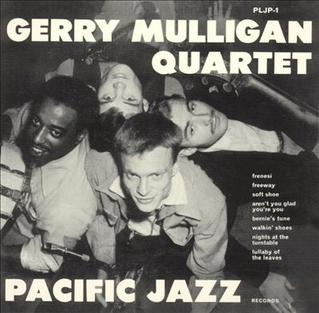














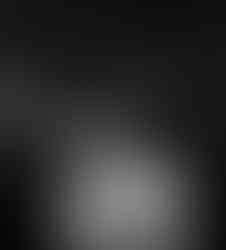


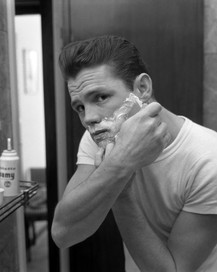




























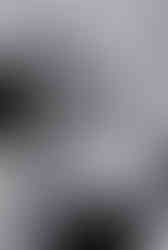









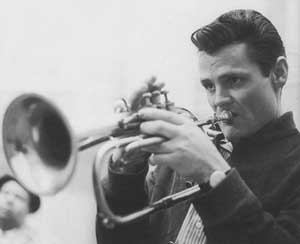

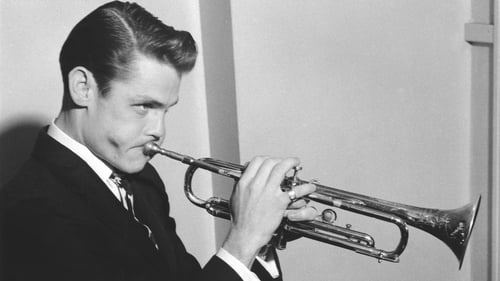


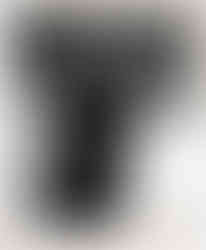

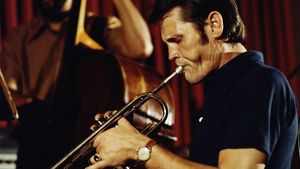







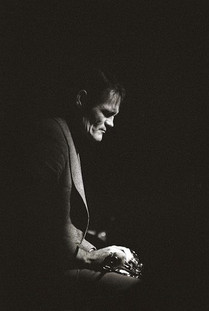

















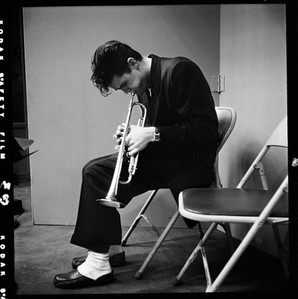




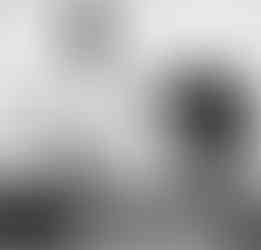



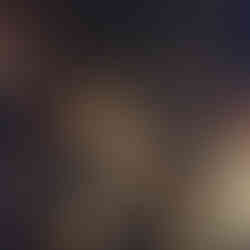

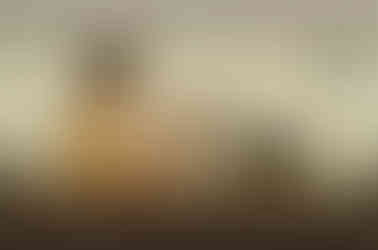

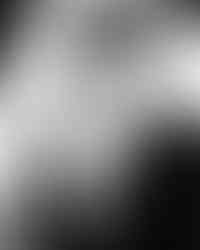








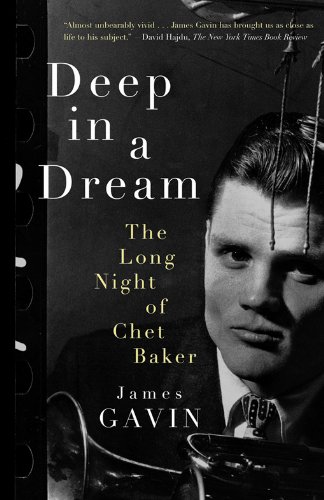

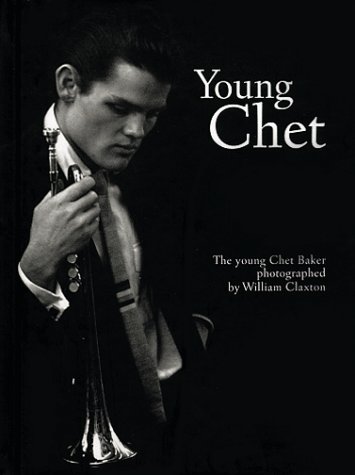



Comments